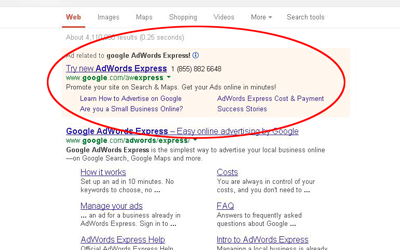Every insurance agency needs a website, but what makes a good insurance website? A website is supposed to make your job easier, and that’s exactly what it can do as long as you follow a few simple rules. Keep reading to find out how to ensure that your site is helping, not hurting, your business.
1. Not Giving People What They Want
What are people looking for when they come to your website? In a word, they’re looking for information. Everyone knows this, but a lot of insurance agents don’t make it easy for people to find what they’re looking for. For example, many websites don’t even provide contact information other than an anonymous contact form. Successful insurance agents build relationships; make it as easy as possible for potential customers to get in touch.
2. Making Promises That Can’t Be Delivered
Don’t include promises on your website along the lines of “we’ll give you the perfect policy” or “we can cater to all of your insurance needs.” You can make suggestions, but you can’t tell people what they want. More importantly, you can’t promise to be all things to all people. Not only does this set up potential customers for disappointment, it could leave you vulnerable to lawsuits if something goes wrong.
3. Being Overly Negative
No matter how much you may dislike them and no matter how much better you think you can serve the needs of customers, don’t criticize your competition. It’s likely that people won’t be impressed. Offering a positive message about your business and the benefits you can provide is generally a more effective strategy.
4. Using Duplicate Content
If you look at different insurance agents’ websites, you may start to get a sense of déjà vu. Google and other search engines don’t like duplicate content. In fact, they dislike it so much that it could lead to your site being ignored by the search engines altogether! Write your own content and make your site stand out from the cookie cutter insurance sites, and people will take notice.




